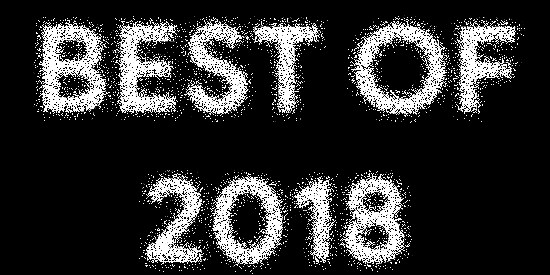
The fiction we admired most in 2018 ran the proverbial gamut from thought-provoking surrealism to evocative realism. Some illuminated the present day or recent past, while others ventured into much more uncharted territory. Some took us to unimaginable psyches; others showcased how ordinary people dealt with the extraordinary. Here’s a look at ten of our favorite works of fiction this year.

Brandon Hobson, Where the Dead Sit Talking
(Soho Press)
As longtime admirers of Brandon Hobson’s fiction, we were incredibly happy to see the amount of acclaim he received for his latest novel, Where the Dead Sit Talking, a meticulously drawn and deeply moving account of one young man’s coming of age and grappling with his own identity.

Laura van den Berg, The Third Hotel
(Farrar, Straus and Giroux)
After the death of her husband, the protagonist of Laura van den Berg’s new novel travels to Cuba for a film festival, wherein she sees….her husband. The Third Hotel may be a psychological thriller, a metaphysical narrative, or a Lynchian headfuck. It might even be all three — one of the many reasons we’re so taken with it.

Denis Johnson, The Largesse of the Sea Maiden
(Random House)
Denis Johnson’s impact on literature will continue to be measured in the wake of his untimely passing. This collection serves as a great reminder of his strengths as a writer, and demonstrates that his approach to fiction was in a state of continuous evolution.

Ondjaki, Transparent City (translated by Stephen Henighan)
(Biblioasis)
Ondjaki’s Transparent City is a hauntingly realistic account of life and conflicts in one city; Ondjaki’s Transparent City is also a surreal tale of a man who finds himself slowly fading out of existence. That these two nominally dissonant aspects of the novel coexist perfectly is one of many reasons that we’re still thinking about this book months after reading it.
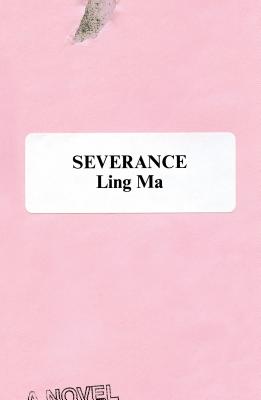
Ling Ma, Severance
(Farrar, Straus and Giroux)
Ling Ma’s Severance is both an unsettling tale of life under late capitalism and a harrowing story of the end of the world as we know it. This is a novel in which nostalgia can turn deadly, and the idea of finding comfort in routines transforms into something lethal; as such, it’s a perfect distillation of contemporary anxieties.
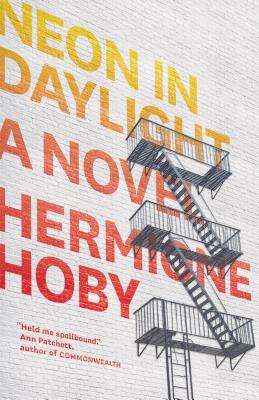
Hermione Hoby, Neon in Daylight
(Catapult)
Hermione Hoby’s debut novel evoked New York City on the eve of being struck by Sandy as it told the story of a young woman far from home and finding her way around an unfamiliar place. It’s a memorable start to what promises to be an impressive literary career.
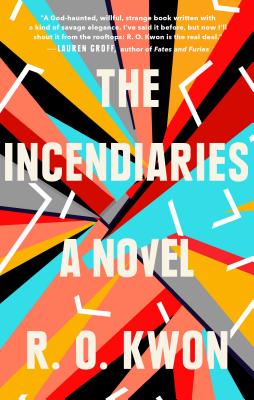
R. O. Kwon, The Incendiaries
(Riverhead Books)
That title isn’t just for show: the means by which R. O. Kwon tells the story of self-delusion, violent extremism, and the many ways in which the past can haunt us is, in fact, pretty damn incendiary. This is a searing, unsettling novel that reveals a host of unsettling truths about its characters as it unfolds.

Chibundu Onuzo, Welcome to Lagos
(Catapult)
Chibundu Onuzo’s Welcome to Lagos is an expansive portrait of a disparate group of people brought together as they seek a better life in the city that gives the book its title. In doing so, she creates a moving account of contemporary struggles and shifting group dynamics.
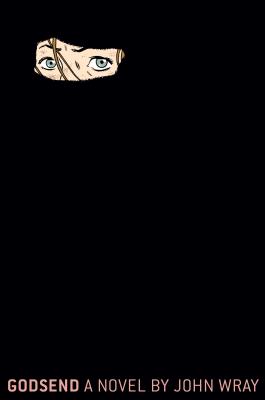
John Wray, Godsend
(Farrar, Straus and Giroux)
John Wray’s fiction has a way of illuminating moments in history where personal concerns and political extremism converge. His latest, Godsend, continues those themes, exploring the conflict between religious devotion and extremism in the name of religion.
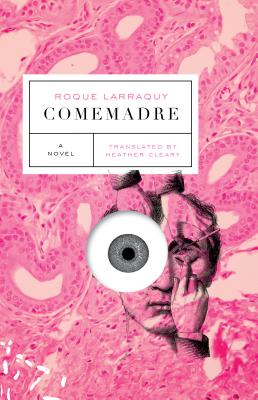
Roque Larraquy, Comemadre (translated by Heather Cleary)
(Coffee House Press)
One of the most singular reading experiences we’ve had in a while came via Comemadre, which blends Gothic plotting, art-world satire, and body horror. It’s a concise family saga by way of Dennis Cooper by way of a stress nightmare; it’s also eminently readable.
Follow Vol. 1 Brooklyn on Twitter, Facebook, and sign up for our mailing list.
